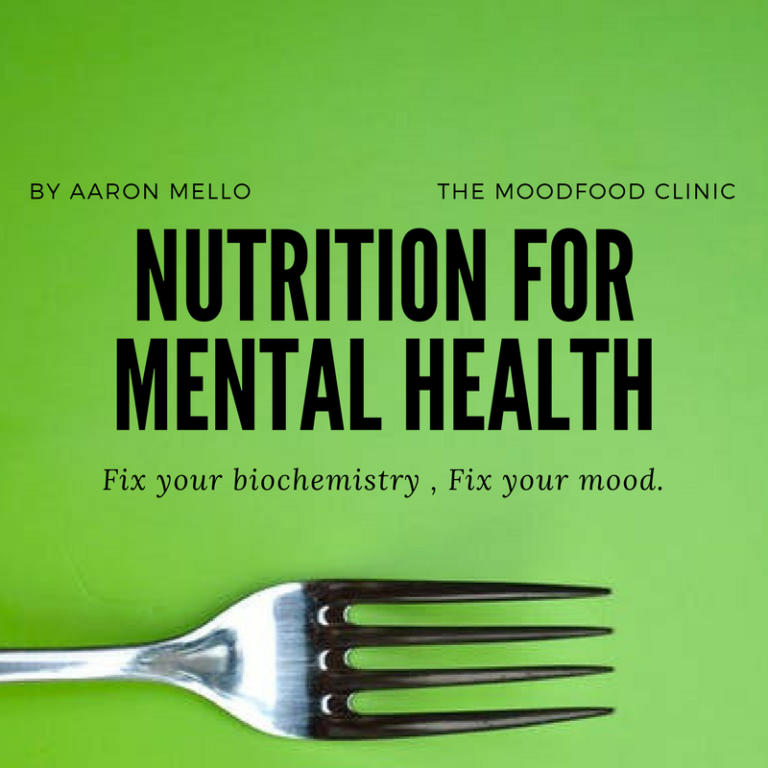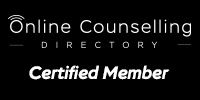We humans are hardwired to search for problems, for potential dangers. Such cognitive and behavioral arrangement came as an adaptation to the prehistoric times in which a man and his family were under frequent threat of being killed by carnivores, for example.
And this ancient heritage still comes handy when our lives, or lives of those close to us, are endangered. Fortunately, a modern man is rarely, if ever, under such jeopardy. Nonetheless, we often react to minor stressors as if we were attacked by saber-toothed tigers, and such mindset can cause harm to our mind in general and hinder our productivity.
Focusing on negatives and what it does to us
When we think about it, humans have an astonishing ability to adapt to most diverse situations, to thrive and to succeed, to overcome what sounds impossible to even survive. Yet, we tend to constantly think about our shortcomings, feel pressured by what we believe are our weaknesses, and struggle with feelings of inadequacy and discouragement. Even if we apparently do well in life and have success in our careers, relationships and social life, our mindset might be holding us back from living a “good life” to its fullest, a life filled with what is truly meaningful to us.
Many of us spend a lot of time in negative self-talk, active self-discouragement, and ruminations about our perceived inadequacies. Life cannot be lived without occasional failures. But if we constantly focus on our failure to succeed, we can easily slip into what is known as learned helplessness. We give up control over what is happening to us, believing that we are incapable of fighting the problems we face.
If we succumb to our evolutionary heredity and search for potential problems wherever we look (even if it meant trying to compensate for our weaknesses) both our mental and our physical health can be jeopardized. Such attitude opens door to depression, anxiety, and other emotional problems. Negative emotions, especially when chronic, put strain on our ability to experience happiness and wellbeing. Our vitality, enthusiasm and energy levels are closely related to stress and to the kind of emotions we usually feel. If we mostly experience negative emotional states (that result from focusing on what didn’t work out and on our perceived flaws), our health, wellbeing and productivity will diminish. On the other hand, positive emotions, optimism and confidence seem to have the power to bring back one’s vitality and lessen the effects of chronic stress.
How positive psychology can help us lead a life worth living
One might think that this is a lost cause then, if we’re so predisposed to think in a negative way. But, regardless of our natural inclination to focus on what doesn’t work, and our learned belief that we have a fixed set of characteristics that limit our development, we can actually challenge this habit of mind. That is, in the same way in which we learned our pessimism, we can also learn optimism. And, as Martin Seligman, the leading authority in the field of positive psychology proclaims, such mindset will lead us to experience more meaning and engagement in everything we do.
Positive psychology and its concepts are not just theoretical considerations. Many studies have been conducted and they concur that psychotherapists’ work should be enriched with positive psychology interventions. Therefore, in order for a person to fulfill their potentials and a productive and rewarding, meaningful life, a guidance from a psychotherapist can be enormously helpful. A professional in the field of self-development can lead you to realize the difference between your top strengths and something you could be good at but might not be worth your time. Your strengths are the activities you are excellent at, enjoy performing them, find them easy, and feel even more rested afterwards than before you started. A psychotherapist can also lead you through a change in your self-perception and thinking habits, so that you can shift your attention away from incapacitating attempts to fix your shortcomings towards self-growth.
When you apply this new mindset to your work, relationships and your self-image, you will reap all the benefits – be happier, less stressed, healthier and more energized, more satisfied and confident, more creative and agile, thus more productive and fulfilled.







